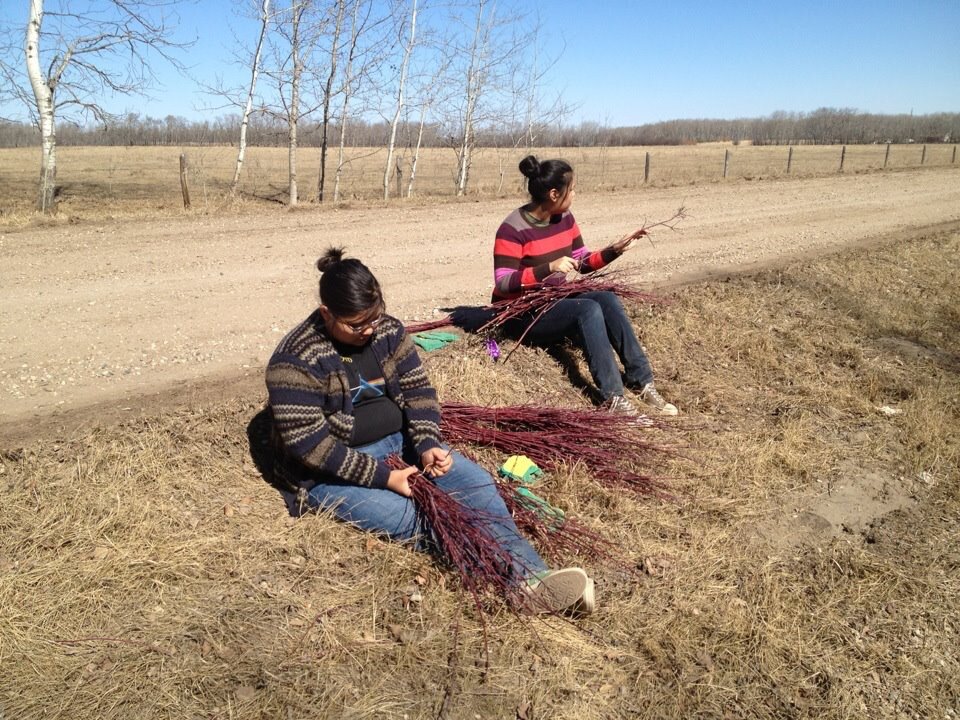Methods in Indigenous Archaeology - Ep 53
On today’s podcast we have Carlton Shield Chief Gover back on the show. In addition to being a host of the A Life in Ruins and Sites Bites podcasts on the Archaeology Podcast Network, Carlton is also a PhD student at the University of Colorado, Boulder and a member of the Pawnee Nation of Oklahoma. We talk about the three podcasts he hosts and an upcoming volume on Indigenous Archaeology methods he is co-authoring with some of your favorite past Heritage Voices guests. He also talks about his efforts in work showing that Indigenous people in the US had horses before the historical records acknowledge and his recent work conducting interviews with elders on the Pawnee Nation of Oklahoma. Finally we talk about museum accessibility and collaborations.
Links
Lehi Horse Links:
My Recent Feature in the Coloradoan about my research and Indigeneity
Carlton
Email: Carlton.Gover@colorado.edu
Instagram: @pawnee_archaeologist
Twitter: @PaniArchaeology
A Life in Ruins:
Instagram: @alifeinruinspodcast
Twitter: @alifeinruinspod
Podcast: https://www.archpodnet.com/ruins
Contact
ArchPodNet
APN Website: https://www.archpodnet.com
APN on Facebook: https://www.facebook.com/archpodnet
APN on Twitter: https://www.twitter.com/archpodnet
APN on Instagram: https://www.instagram.com/archpodnet




